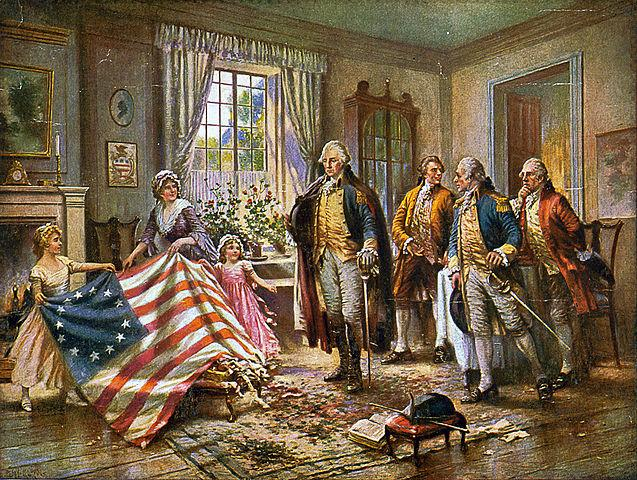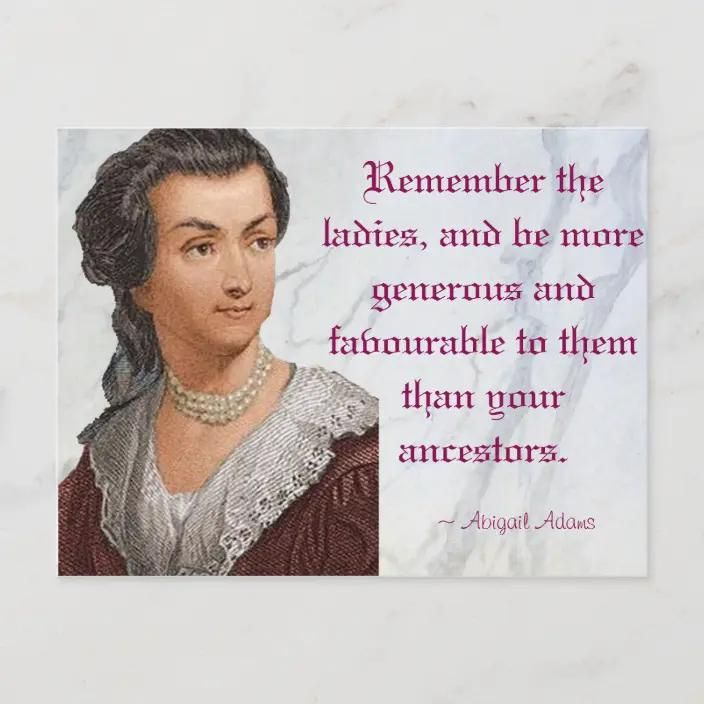She was a pioneering advocate for women's rights
Abigail enthusiastically backed the cause of freedom as the spirit of revolt spread throughout the colonies. She urged her husband to "remember the ladies and be more generous and favorable to them than your ancestors" when they came together in March 1776 to draft a statement of ideas that would soon be ratified by the Continental Congress as the Declaration of Independence. Keep the spouses' power from being so unrestricted. "Remember, if they had the power, all men would rule with tyranny. We are prepared to incite a rebellion if the ladies are not given special care and attention, and we will not be held accountable for any legislation over which we have no control."
Although this letter has frequently been quoted as proof of her ardent support for women's rights, which is accurate, she did not advocate for the right of women to vote, a position that was essentially unheard of at the time. However, she firmly believed that women should have the right to an education. In a letter to her husband in 1778, she stated that "you need not be informed how greatly female education is neglected, nor how fashionable it has been to mock female learning."
Her husband's remark was joking in a way. He responded, "As for your remarkable code of laws, I cannot help but laugh. Soon later, the issue was forgotten. Abigail didn't give up though—she would subsequently advocate for women's education and property rights.












